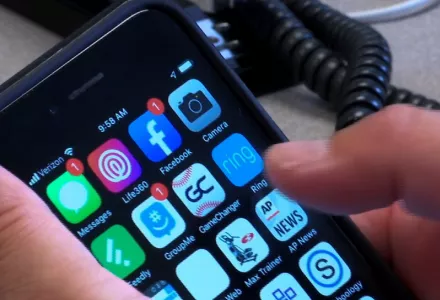For years, Big Tech has avoided making sweeping decisions on political content and moderation. But after the January 6th mob attack on the US Capitol, Twitter, Facebook, YouTube and others finally decided to wield their power. The recent decisions to ban prominent politicians and enforce stricter content moderation policies is a new precedent that could prove consequential for the future of online speech and democracy itself.
In this event, Belfer Center's Technology and Public Purpose (TAPP) Project brings together four experts to discuss the timeliness, constitutionality, and societal implications of Big Tech's latest demonstration of power.
Moderator: Laura Manley, Director of the Technology and Public Purpose Project
Panelists:
- Joan Donovan, Research Director of the Shorenstein Center on Media, Politics and Public Policy; Adjunct Lecturer in Public Policy at Harvard Kennedy School
- Leslie Miley, Tech Engineering Leader
- Kathy Pham, Co-Founder, Fix the Internet Incubator, Mozilla
- Jonathan Zittrain, George Bemis Professor of International Law; Vice Dean for Library and Information Resources; Faculty Director, Berkman Klein Center for Internet and Society; Professor of Computer Science, Harvard School of Engineering and Applied Sciences; Professor, Harvard John F. Kennedy School of Government



